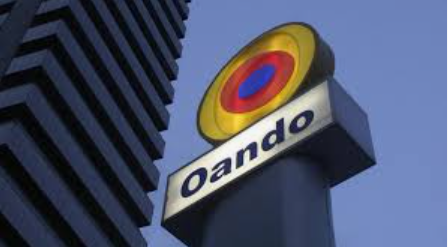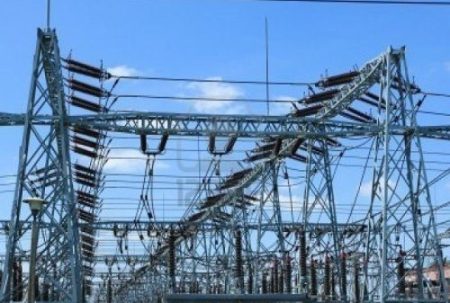Nigeria’s decision to eliminate subsidies on petroleum products has significantly benefited major oil marketers, allowing them to thrive in a more market-oriented environment. The removal of these subsidies, enacted by the current administration in May 2023, led to an increase in petrol prices, which rose from approximately N200 per litre to more than N1,060 per litre by November 2024. An analysis of the financial performance of four major oil marketers—Total Energies Marketing Nigeria, MRS Oil Nigeria, Eterna Plc, and Conoil Plc—revealed impressive revenue figures, with the companies collectively earning N1.3 trillion in the first nine months of 2024. This fiscal year saw these firms navigating rising operational expenses while achieving over 100% growth in net profits year-on-year, a notable transformation driven by the removal of subsidies.
Despite the considerable costs associated with importing fuel, these firms managed to report a gross profit of N465.92 billion on petrol sales after incurring N833.86 billion in import costs during the same period. In stark contrast to the previous year, revenue from petrol sales surged, demonstrating the financial impact of the deregulation. The cumulative profit after tax of the four firms amounted to N45.3 billion, marking an astounding 146% increase compared to N18.5 billion recorded in the corresponding period of 2023. The positive financial performance is attributed not only to elevated petrol prices but also to a marked increase in sales volume, reflecting the shifting dynamics in the oil sector post-deregulation.
In detailing their performance, TotalEnergies reported the highest expenditure on fuel imports, amounting to N234.68 billion, a notable increase from N126.88 billion spent in the previous year. Revenue also jumped significantly from N326.38 billion in 2023 to N634.1 billion in 2024, resulting in a substantial gross profit increase of over 100%. Similarly, Conoil Plc’s expenditures on fuel rose to N220.53 billion with its revenue climbing to N244.53 billion, while Eterna Plc realized a 125.21% increase in gross profit after spending N179.51 billion on fuel imports. MRS Oil Company experienced similar gains, achieving a gross profit increase of 77.9% despite spending N199.14 billion on imports.
Moreover, oil marketers highlighted that their average monthly revenue had surged by approximately 200% compared to pre-deregulation figures, while operational performance in the last quarter improved above budget expectations. However, the implementation of deregulation came with challenges, including a 180% increase in working capital requirements, which raised financing costs for banks. Initial phases following the removal of subsidies saw a dip in sales volume by about 40%. Yet, robust revenue performance in the subsequent months demonstrates oil firms’ capacity to adapt and capitalize on the new regulatory landscape.
While the oil marketers enjoy increased profits and revenues, many manufacturers are contending with soaring energy costs as a direct consequence of subsidy removal. Major players like Dangote Cement and BUA Foods have reported significant spikes in their fuel expenditures, underscoring the broader economic implications of price deregulation. The four manufacturers collectively spent N550.36 billion on fuel purchases between January and September 2024, reflecting a steep increase compared to N267.44 billion in the prior year.
Additionally, the oil marketers have expressed concerns regarding outstanding receivables from the Nigerian government, totaling N36.56 billion in bridging claims related to transportation costs incurred for distributing petrol. TotalEnergies is owed the largest proportion, with claims totaling N22.68 billion, followed by Conoil, Eterna, and MRS Oil with smaller amounts. These financial dynamics illustrate the complex interplay between regulatory policy, corporate profitability, and the economic pressures facing various industries in Nigeria, as stakeholders monitor ongoing developments in the hydrocarbons market. The deregulation has fundamentally reshaped the oil landscape in Nigeria, but the effects ripple beyond just profits, prompting attention towards the ramifications on consumers and the overall economy.














